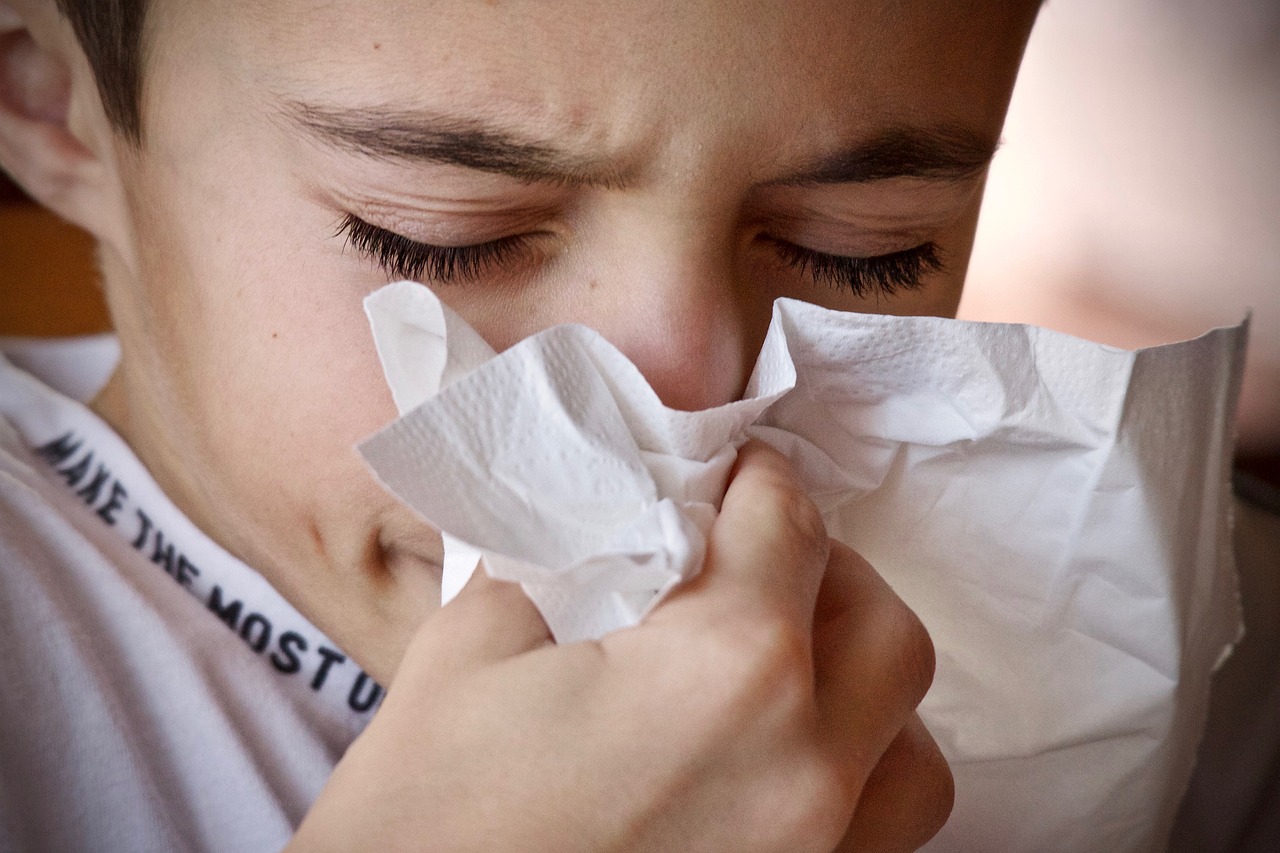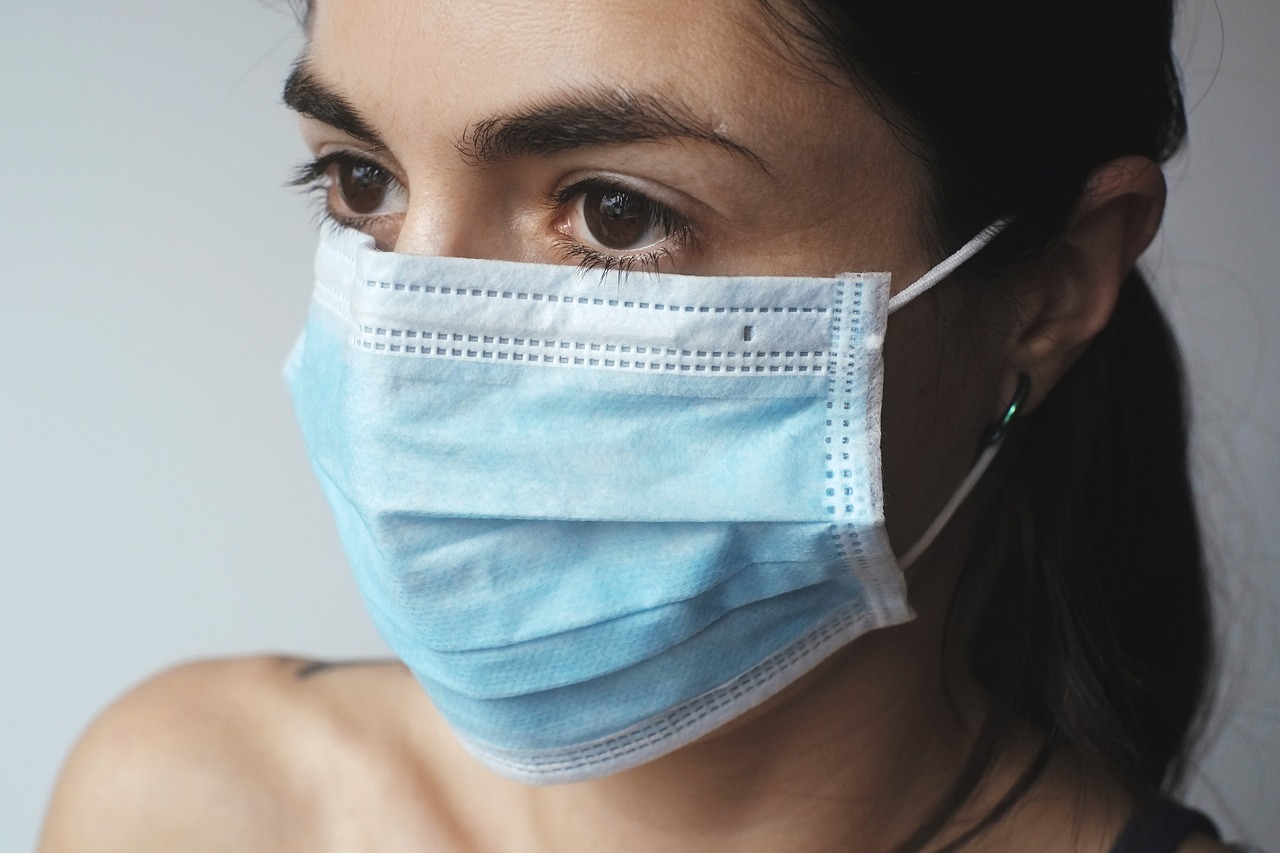Change language:
HMPV on the rise in Hungary: Experts urge caution!

During the holiday season and at the beginning of the year, the number of people visiting their doctors with respiratory symptoms was particularly high. Data shows that the number of respiratory cases exceeded the epidemic threshold weeks ago, with many patients suffering from HMPV infection.
Human metapneumovirus (HMPV) is a respiratory virus, which has recently received more attention as the number of cases has started to rise. According to Index, it causes flu-like symptoms and can even lead to pneumonia as a complication. Hungarian National surveillance services are detecting the presence of the virus on a weekly basis, and more and more people in Hungary are falling ill.

How does it spread and how does it affect the Hungarian population?
The spread of HMPV is not unexpected, as the population’s immunity has been low for a long time due to the closures during the COVID-19 outbreak. According to 24.hu, the virus is now “catching up” for the two to three years when people were not regularly exposed to respiratory pathogens. As a result, the population is more susceptible to infection and the disease is occurring in larger waves.
Hungary is already recording HMPV cases on a weekly basis, and these numbers are likely to increase. However, experts say there is no need to panic as the symptoms of the disease are mild in most cases and can be well treated at home.
What can be done about HMPV?
Hungarian virologists such as Miklós Rusvai say it is still important to follow basic hygiene rules to prevent infection. Although there is no vaccine against HMPV, the treatment of symptoms is simple: rest, drink plenty of fluids and use antipyretics and mucolytics.
If someone has flu-like symptoms, it is wise to stay at home to reduce the spread of the virus. If symptoms do not improve or worsen within 2-3 days, it may be necessary to see a doctor as complications of HMPV, such as pneumonia, may require more serious treatment.
Mask use has again become an issue in Hungary in relation to the spread of HMPV, particularly in confined spaces and healthcare facilities. Although mask use is not mandatory, it is strongly recommended for those with respiratory symptoms to prevent transmission of the virus.

Experts predict that the spread of HMPV in Hungary will continue, especially during the winter season when respiratory infections tend to peak. However, the epidemiological situation is manageable if the population follows the recommendations and seeks timely medical attention in severe cases.
Overall, the presence of HMPV in Hungary is not a cause for panic but underlines the importance of prevention and the effective functioning of the health system. The spread of the virus and related epidemiological data should continue to be monitored in the coming weeks.
Read also:







